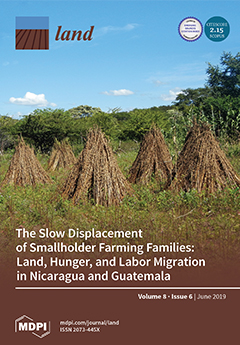Transnational Land Deals for Agriculture in the Global South, Analytical Report based on the Land Matrix Database
The Land Matrix, from which this report was produced, is an online public database of large-scale land deals. Report covers global overview – the rush for land for agriculture, where are investments targeted?, investors and investor countries, learning more about the drivers, processes and impacts: how land deals are implemented, bibliography.




